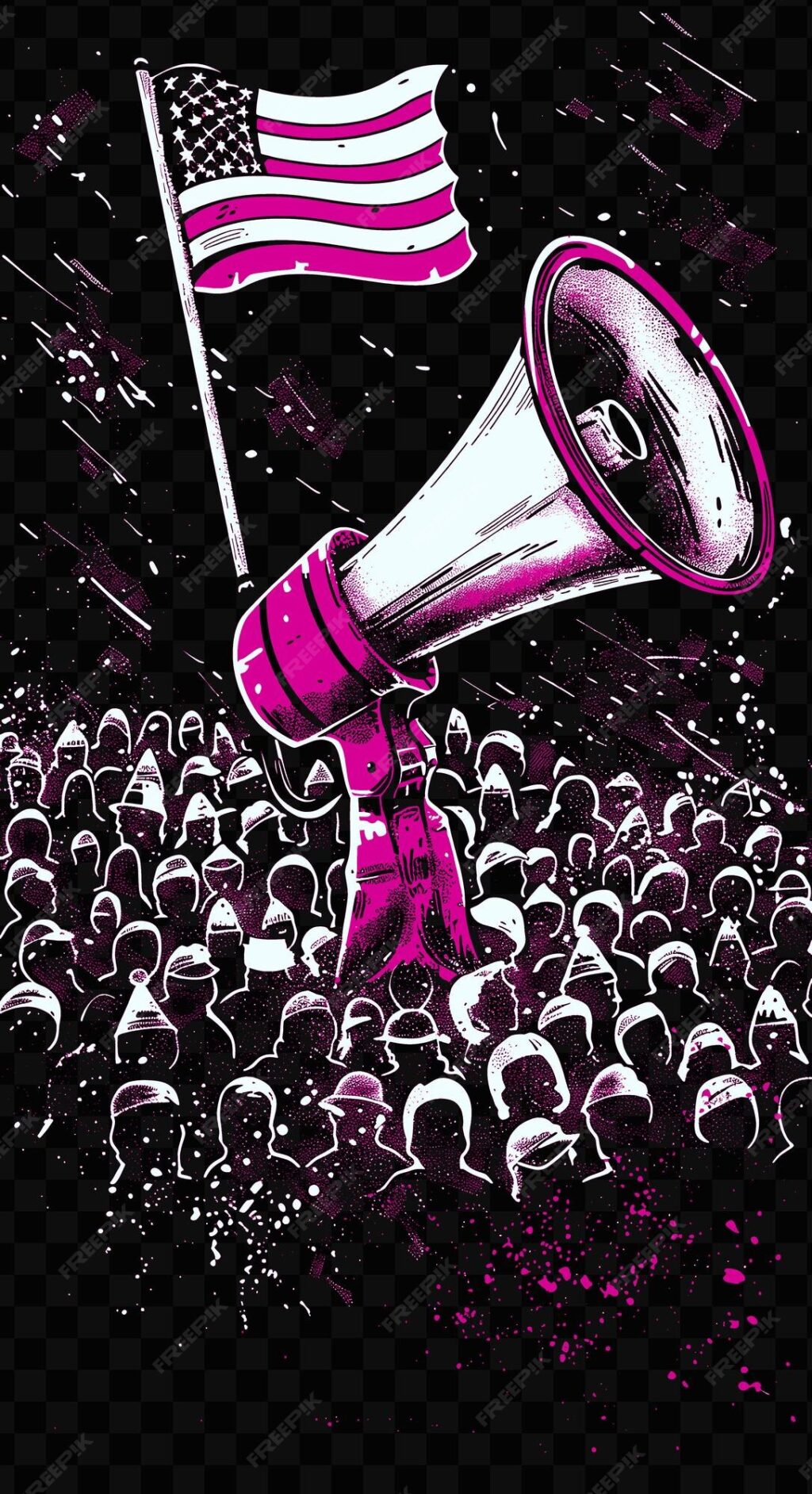
Audience
- Sentiment: mixed
- Political Group: Democrats
- Age Group: 18-30
- Gender: all genders
Overview
- Donald Trump’s recent comments hint at dictatorial tendencies, igniting debate among critics and supporters.
- The statement suggests that it may be acceptable to break laws for perceived patriotic reasons, raising concerns about democracy.
- The article emphasizes the importance of young people engaging in political discussions and questioning authority.
The Controversial Words of Donald Trump: Are We Ignoring Serious Warnings?
In today’s ever-changing political landscape, it often feels like we are watching a reality show rather than serious governance. Recently, Donald Trump, the former President of the United States, once again made headlines on social media. His posts stirred up intense reactions from both sides of the political spectrum. Critics, mainly Democrats, accuse him of leaning toward dictatorial tendencies with his recent comments. On the other hand, some supporters, including former aides, brush off the backlash as mere theatrics. But what does everything mean, and why should it matter to us, especially as young people entering a world where political opinions are so polarized?
The Controversial Quote
One aspect that sparked debate was a statement Trump made, which hints at a controversial philosophy about law and governance. He quoted a line often attributed to Napoleon Bonaparte, a historical figure known for both his military genius and his ambition for power. Trump wrote, “He who saves his Country does not violate any Law.” On the surface, this might sound like a patriot’s call to action, but let’s dig deeper into its implications.
What Trump seems to be suggesting is that, when facing a perceived existential threat, the end justifies the means. In simpler terms, it’s okay to break rules if you think you’re doing something good for your country. This mindset could be dangerous. Throughout history, leaders who have taken this approach often ended up eroding democracy instead of protecting it. It raises a significant question: at what point does a leader’s desire to “save” a country cross the line into dictatorship?
Legal Challenges and Accountability
As Trump makes these statements, it’s essential to recognize the context in which he speaks. Trump is facing several legal challenges, including being the first U.S. president convicted of a crime. This situation has led to heightened scrutiny of his words and actions. For many, this brings up a fundamental principle of democracy: accountability.
In any democracy, leaders are expected to uphold the law, not bend it to their will. Senator Adam Schiff, a vocal critic of Trump, warned that rhetoric like Trump’s undermines the rule of law. To grasp this, imagine being in a classroom where the rules randomly change depending on the teacher’s mood. Would it feel fair? Would you trust that you would be treated equitably? That’s what critics fear might happen when leaders think they can operate above the law.
Rhetoric and Its Impact
Rhetoric is a powerful tool; words can inspire hope or incite fear. When political figures, especially those as influential as a former president, make statements that mix patriotism with questionable ethics, it can create a ripple effect. Supporters may rally behind the notion that anything goes in the name of patriotism, while opponents may feel increasingly threatened by the normalization of such ideas.
The language we use shapes our understanding of what is acceptable in society. When Trump’s statements are framed as “entertainment”—as former chief of staff Reince Priebus suggested—this can trivialize the serious consequences of undermining democratic principles. If we begin to see significant political discussions as mere entertainment, we risk becoming disengaged and apathetic. An engaged citizenry (that’s you guys!) is the foundation of democracy.
The Opinion Divide
It’s pretty clear that opinions on Trump are deeply divided. Some see him as a champion of freedom, while others view him as someone who threatens the very foundations of democracy. Understanding the root of these perspectives is essential. For many Trump supporters, he represents a departure from traditional politics—a rejection of the political elite and government norms that they believe have failed them. This perspective taps into a sense of frustration and desire for change, which is relatable. We all want our voices to matter!
On the flip side, many people are terrified that if rhetoric like Trump’s becomes normalized, it could lead to a slippery slope where disregard for laws becomes acceptable. This fear isn’t entirely unfounded; there have been numerous historical examples of leaders who began to govern with the idea that they were above the law, and their countries suffered as a result.
Questions for Us
So, where does that leave us? It’s essential for young people like you to think critically about these discussions. How do you feel when you hear leaders say that some laws can be ignored if the intention is to protect the country? Does it rally your patriotic spirit, or does it raise alarm bells? For many in your generation, issues like climate change, social justice, and economic disparity are the real battles worth fighting.
As we navigate through an era filled with divisive politics, the key takeaway is that your voice, your opinions, and your ability to question authority are powerful. You have the knowledge and the right to speak out, particularly because the decisions made today will shape your future.
What do you think about Trump’s comments? Are they a rallying cry for patriots, or a dangerous veer toward tyranny? I would love to hear your thoughts in the comments below! How do you feel about the leaders and their responsibility to uphold the law? Your opinions matter—don’t hesitate to share them!





